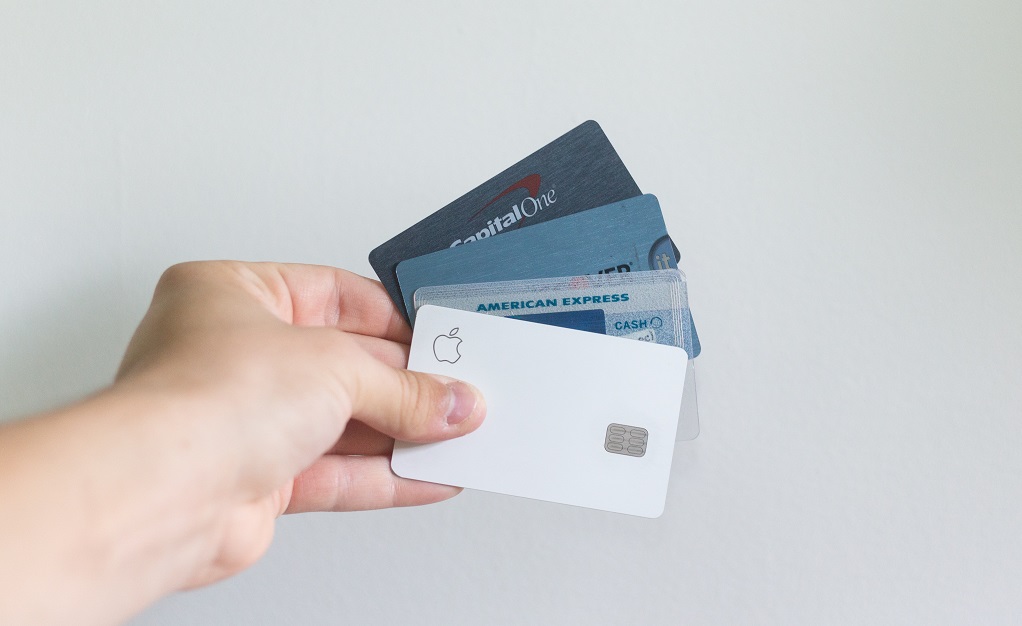
Having a high credit score can open doors and save you money. In the UK, it's also the key to getting on the property ladder.
But whether you're applying to rent an apartment or get a loan, your chances of success – and favourable terms – hinge on your credit score.
Consider a mortgage: if you have excellent credit, you could secure a loan with an interest rate that’s as much as 1.5 percentage points lower than someone with marginal credit. That could save you hundreds a month, which amounts to thousands every year over the life of your mortgage.
So, if you have a £250,000 15-year mortgage with a fixed interest rate of 8.5%, you'll pay about £193,000 in total interest. If you get the same mortgage with an interest rate of 7%, those interest payments come out to around £154,000, saving you roughly £40,000 on the mortgage loan.
Credit scores vary between 0 and 999 but are usually pitched on a scale of 300 to 850. Your score can fluctuate often. In general, scores above 750 are considered excellent.
What Ingredients Go Into a Credit Score?
Here are the five primary factors that determine your credit score, from most to least important:
1) Payment history of credit cards and loans;
2) Amount of money you owe versus your total available credit;
3) Length of credit history;
4) New credit;
5) Types of credit.
Here are a few ways you can improve your credit score.
Check Your Credit Report and Fix Any Errors
Most errors on a report, such as duplicated information, incorrect addresses, or credit limit errors, don’t have a significant impact. But some can be bigger deals.
That's why you should check your credit report at least once a year to make sure all the information is correct.
You're should be entitled to a free report annually from each of the three major providers, Experian, TransUnion, and Equifax.
Start by checking the public records section of your credit report. If a lien or bankruptcy that isn't yours shows up on your credit report, it's probably having a severe impact on your credit score, and you should go to the public agency to get it corrected as soon as possible.
If you find a less significant error, such as a mistake in the identifying information or credit account data, you can dispute the information with the credit reporting agency. The credit agencies have online tools you can use to dispute incorrect information: Equifax, TransUnion, and Experian.
Don't forget: other factors can improve your credit score too. Once you have amended your address, signing up to vote using the electoral register will give you a credit score boost too. It's an easy win and could take you less than 15 minutes.
Build Your Payment History by Paying on Time
The biggest factor affecting your credit score is your payment history. Payment history looks at the number of past-due payments, how far past due they were, and how recently those late payments occurred. If you’ve had late payments in the past, they will affect your credit score less and less over time if you establish a history of dependable on-time payments.
The takeaway: stay on top of due dates. Sign up for automatic bill pay if your card company has that option or set a reminder for yourself a few days before your payment is due.
Limit the Amount You Owe
The next biggest factor affecting your credit score is the amount you owe on your credit card(s). This factor considers the number of accounts with balances and how much of your total available credit you are using. Your credit utilisation score is calculated by dividing the total amount of money you owe by your total credit limit. For instance, if you owe £3,000 and your credit limit is £10,000, you have a 30% credit utilisation. Any percentage below 30% is considered good in terms of your credit score, but the lower the better.
The takeaway: when possible, treat your credit card like a debit card, and don't spend more money than you have. Resist the temptation to spend up to your maximum credit limit.
Maximise Your Credit History
Another contributing element is the length of your credit history. Keeping your oldest accounts open and in good standing can help your credit score. You'll want to think carefully about closing your long-standing lines of credit.
Let's say you decide you have too many credit cards and want to close one. You're deciding between one you've had since 2004 and one since 2016. All things equal, it's better for your credit score to keep the card with the longer history of on-time payments open. However, this shouldn’t be the only factor driving your decision. If the older card has a higher interest rate or annual fee, it could be better to close it.
The takeaway: If you feel confident that you can keep your spending down and pay on time, it's a good idea to open a credit card as early as possible to start building your credit history. Your future self will thank you.
Open New Credit Wisely
Opening new lines of credit frequently can be an indicator of financial troubles, so it's good to be mindful when you do it. New credit looks at the proportion of accounts that were recently opened, and the number and recency of new credit inquiries.
Inquiries happen when you apply for a credit card, car loan, or other line of credit, and the provider requests your credit score. These credit checks are considered "hard inquiries" and can have an impact on your credit score.
Only inquiries that you initiate by applying for new credit count against your score, so checking your own score will not count against you. When you check your own credit score, or when an employer or landlord is conducting a background check, this is considered a "soft inquiry." Soft inquiries have no effect on your credit score.
The takeaway: choose your new lines of credit wisely, and consider the timing of when your credit score could take a hit.
Have a Mix of Credit Types
A borrower with a long history of responsibly managing a mix of credit types – such as a mortgage, a credit card, and a car loan – will likely have a higher credit score than someone with just one type, all else equal. That said, your credit mix only accounts for 10% of your credit score.
The takeaway: having a mix of credit types is a small piece of your overall credit score; stick with the credit lines that make sense for you.
How to Improve Your Score if You're a Newbie
The options below could help you build good credit (but only if you always pay on time).
Get a secured credit card. A "secured" credit card is backed by a secured payment that’s used as collateral on the loan. Unlike a debit card, a secured credit card can help you establish and build credit. Make sure you understand the fees and conditions when applying for secured credit cards.
Consider a car loan. Car loans can be easier for subprime lenders to get than other types of loans. There are a few reasons for this: data reveals many people who default on other types of loans still tend to make their car payments to keep using their vehicle. Also, car loans generally require a deposit and are considered "secured" because the car itself is collateral.
This article originally appeared on our Canadian sister site and has been edited and republished for UK audiences





























